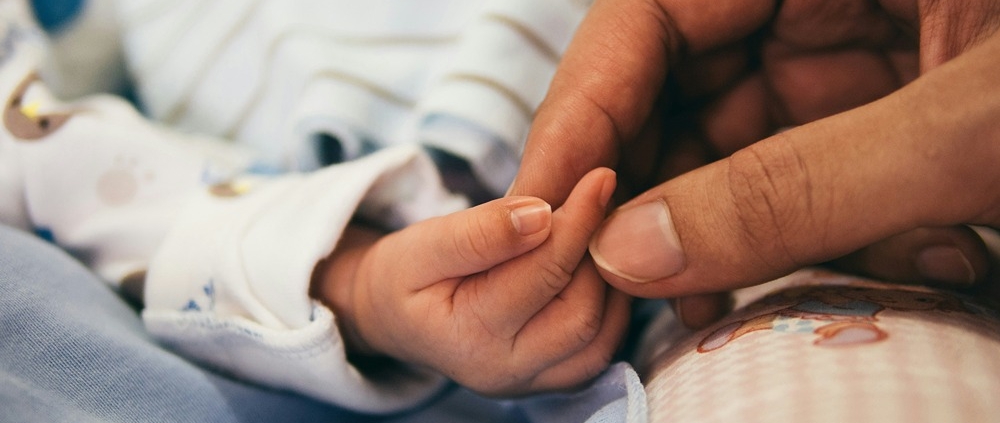How to Support Someone with Postpartum Depression
Postpartum depression (PPD) is a severe form of depression that can affect women after childbirth. It’s more intense and lasts longer than the “baby blues,” which are feelings of worry, unhappiness, and fatigue that many women experience after having a baby. PPD can make it challenging for new mothers to care for themselves and their newborns, causing feelings of extreme sadness, anxiety, and exhaustion. Understanding and supporting someone with PPD is crucial in helping them recover. Here’s how you can be there for a loved one experiencing postpartum depression.
Understanding Postpartum Depression
Before you can effectively support someone with PPD, it’s important to understand what it is. PPD can manifest in various ways, including:
- Intense sadness or hopelessness
- Severe mood swings
- Excessive crying
- Difficulty bonding with the baby
- Withdrawing from family and friends
- Loss of appetite or overeating
- Insomnia or sleeping too much
- Overwhelming fatigue or loss of energy
- Reduced interest in activities once enjoyed
- Intense irritability or anger
- Fear of not being a good mother
- Feelings of worthlessness, shame, guilt, or inadequacy
- Difficulty thinking clearly, concentrating, or making decisions
- Severe anxiety and panic attacks
- Thoughts of harming oneself or the baby
If you notice these symptoms in someone close to you, it’s vital to approach the situation with empathy and understanding. Always know that professional care should be sought in the event that there are signs of inability to care for oneself or the baby or signs of possible harm or danger towards oneself or the baby.
Support Tips for Partners
As a partner, your support is crucial. Here’s how you can help:
- Educate Yourself: Learn about PPD to understand what your partner is going through. This knowledge will help you respond with empathy and patience.
- Be Present: Your physical presence is comforting. Offer to take on more responsibilities at home and with the baby to give your partner time to rest.
- Listen: Sometimes, your partner may just need someone to listen. Offer a non-judgmental ear and avoid giving unsolicited advice.
- Encourage Professional Help: Gently encourage seeking help from a healthcare professional. Offer to go with them to appointments for support.
- Create a Supportive Environment: Make home a stress-free zone. Help with chores, cooking, and other tasks that may feel overwhelming.
- Be Patient: Recovery from PPD takes time. Show patience and understanding as your partner works through their feelings.
Support Tips for Family and Friends
As family and friends, your support can also make a significant difference. Here’s how to help:
- Stay Connected: Keep in touch through visits, calls, or messages. Your consistent support can help alleviate feelings of isolation.
- Offer Practical Help: Assist with household chores, errands, or babysitting. This can provide the new mother with much-needed rest and relief.
- Provide Emotional Support: Listen without judgment. Let them express their feelings and reassure them that it’s okay to feel the way they do.
- Encourage Self-Care: Encourage activities that promote well-being, like taking a walk, practicing mindfulness, or engaging in a hobby.
- Watch for Warning Signs: Be aware of any signs that PPD might be worsening. If the new mother talks about self-harm or harming the baby, seek immediate professional help.
- Be Patient and Understanding: Just like partners, family and friends need to show patience. Understand that PPD is a serious condition and recovery can be a slow process.
Supporting someone with PPD is a collective effort. By working together, partners, family, and friends can create a robust support network. Remember, it’s not about having all the answers but about being there and showing that you care.
Support for PPD in California
Postpartum depression is a challenging and often overwhelming experience, but with the right support, new mothers can navigate this difficult period and find their way to recovery. Your understanding, patience, and willingness to help can make a significant difference in their journey toward healing. So, take the time to learn about PPD, offer your support, and let them know they’re not alone. Your support can be a beacon of hope and strength during one of the most challenging times of their life.
If you or someone you know could benefit from support for PPD, please contact us to learn more. Our California therapists specialize in therapy for women’s well-being including therapy for PPD, therapy for reproductive issues, therapy for new moms, and more. We offer in-person therapy in Escondido, CA and online therapy throughout California.
If you want to get the most out of therapy, explore our FREE Ultimate Guide to discover the top 25 ways to optimize your therapy experience.


